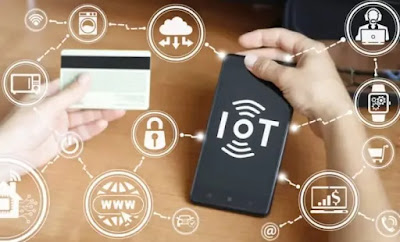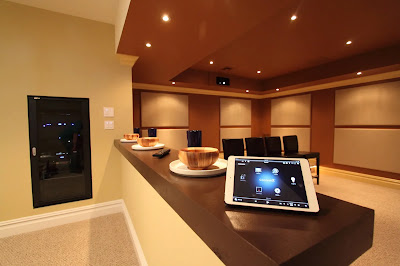The way we live, work, and engage with technology is being revolutionized by the Internet of Things (IoT). IoT refers to the networking of physical objects, including machinery, transportation, home appliances, and other items equipped with sensors, software, and network connectivity. These gadgets may gather and exchange data with the aid of IoT, which increases their effectiveness, productivity, and intelligence.
IoT has become increasingly popular in recent years not just in Canada but all throughout the world. Canada is well-positioned to benefit from the IoT revolution because of its robust technology infrastructure, diverse economy, and highly talented workforce. We will examine the IoT environment in Canada and how it is affecting various businesses in this blog article.
Key Points
- By 2020, the Canadian IoT market is anticipated to grow to $6.5 billion.
- IoT solutions are the focus of many technology companies in Canada, which has a robust innovation ecosystem.
- The adoption of IoT is being aggressively encouraged by the Canadian government in a number of industries, including healthcare, transportation, and energy.
- In Canada, smart city efforts are being implemented in several cities to enhance livability, employability, and sustainability. Smart cities are a significant use of IoT.
- The Internet of Things (IoT) is revolutionizing the Canadian healthcare sector by enabling remote patient monitoring and individualized care.
- By assisting energy providers to monitor energy usage in real-time, optimize energy distribution, and cut down on energy waste, IoT is revolutionizing the energy sector in Canada.
IoT in Canada: A Snapshot
According to a survey by Accenture, the expansion of smart cities connected automobiles, and home automation will help the IoT industry in Canada reached $6.5 billion by 2020. The study discovered that the Canadian government is aggressively encouraging the use of IoT in a number of industries, including healthcare, transportation, and energy.
The robust innovation ecosystem in Canada is one of the key factors influencing IoT growth there. In Canada, there is a booming startup scene with lots of IoT solution-focused IT firms. For instance, Toronto-based ecobee offers smart thermostats that can automatically adjust the temperature based on the user's preferences, while Vancouver-based UrtheCast delivers satellite imagery and data analytics to help businesses monitor their assets in real time.
IoT and Smart Cities
In Canada, smart cities are a significant IoT application. A smart city, according to the federal government's Smart Cities Challenge, is one that leverages data and technology to enhance livability, employability, and sustainability. The goal of the challenge is to persuade local governments to employ technology to address urban difficulties and enhance the quality of life for their residents.
Smart city ideas are already being implemented in many Canadian cities. For instance, the Quayside project in Toronto, a partnership between Sidewalk Labs and Google's parent firm Alphabet, intends to build a smart city district that leverages technology to address urban concerns like traffic congestion and energy efficiency. The project will have automated trash management, intelligent traffic lights, and energy-efficient structures.
Another such is the smart traffic management system that Vancouver has put in place, which uses real-time data to optimize traffic flow and lessen congestion. In order to monitor traffic patterns and modify traffic signals appropriately, the system uses sensors and cameras. As a result, travel time was cut by 20%, while car emissions were cut by 40%.
Energy and IoT
In Canada, IoT is also changing the energy industry. Energy suppliers can monitor energy use in real-time, optimize energy distribution, and lower energy waste with the aid of IoT. Energy suppliers may increase energy efficiency and lower carbon emissions with the use of IoT devices like smart grids, energy storage systems, and smart meters.
IoT and Healthcare
IoT is also altering the healthcare industry in Canada. Healthcare practitioners can monitor patient health remotely and offer individualized care with the use of IoT. IoT gadgets like wearable sensors, smart beds, and health monitors are assisting medical professionals in enhancing patient outcomes and lowering expenses.
A Toronto-based firm called SeamlessMD, for instance, provides a platform that makes use of IoT to enhance patient outcomes and lower hospital readmission rates. The software tracks patient recovery via wearables and updates healthcare professionals in real time. This lowers the possibility of hospital readmissions by enabling healthcare professionals to take appropriate action quickly, if necessary.
Another illustration is the Vancouver-based business Healthtech Connex, which provides a variety of Internet of Things-enabled medical gadgets to assist people with chronic illnesses including Parkinson's disease and multiple sclerosis. The equipment tracks patient movement using sensors and offers individualized exercises and therapy.





_11zon.png)

No comments:
Post a Comment